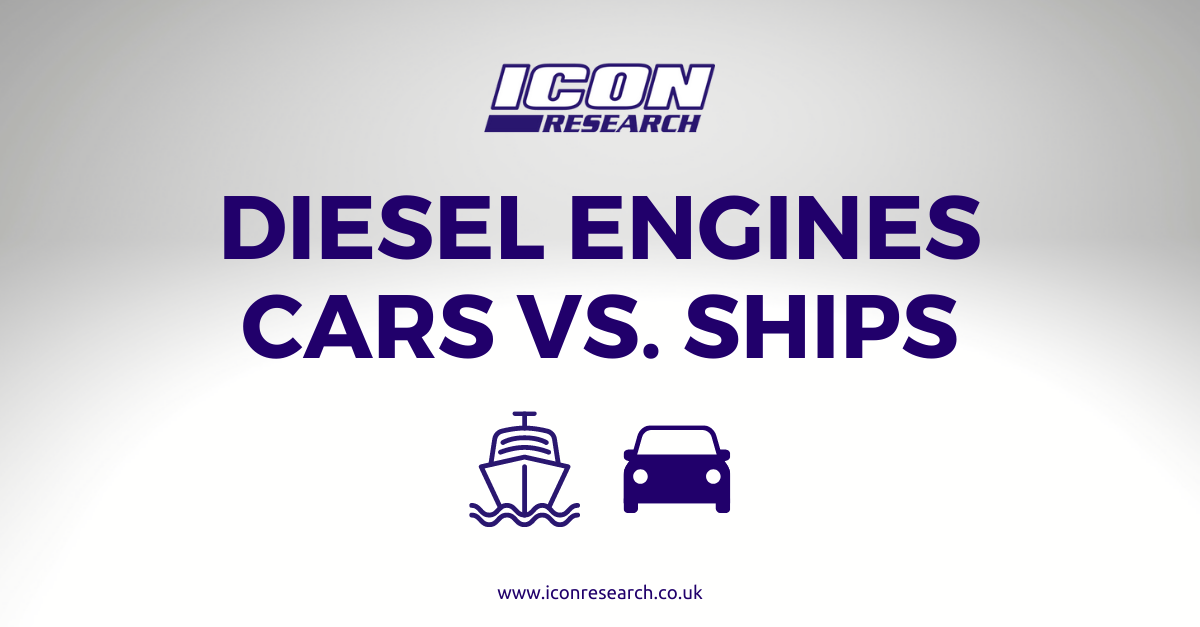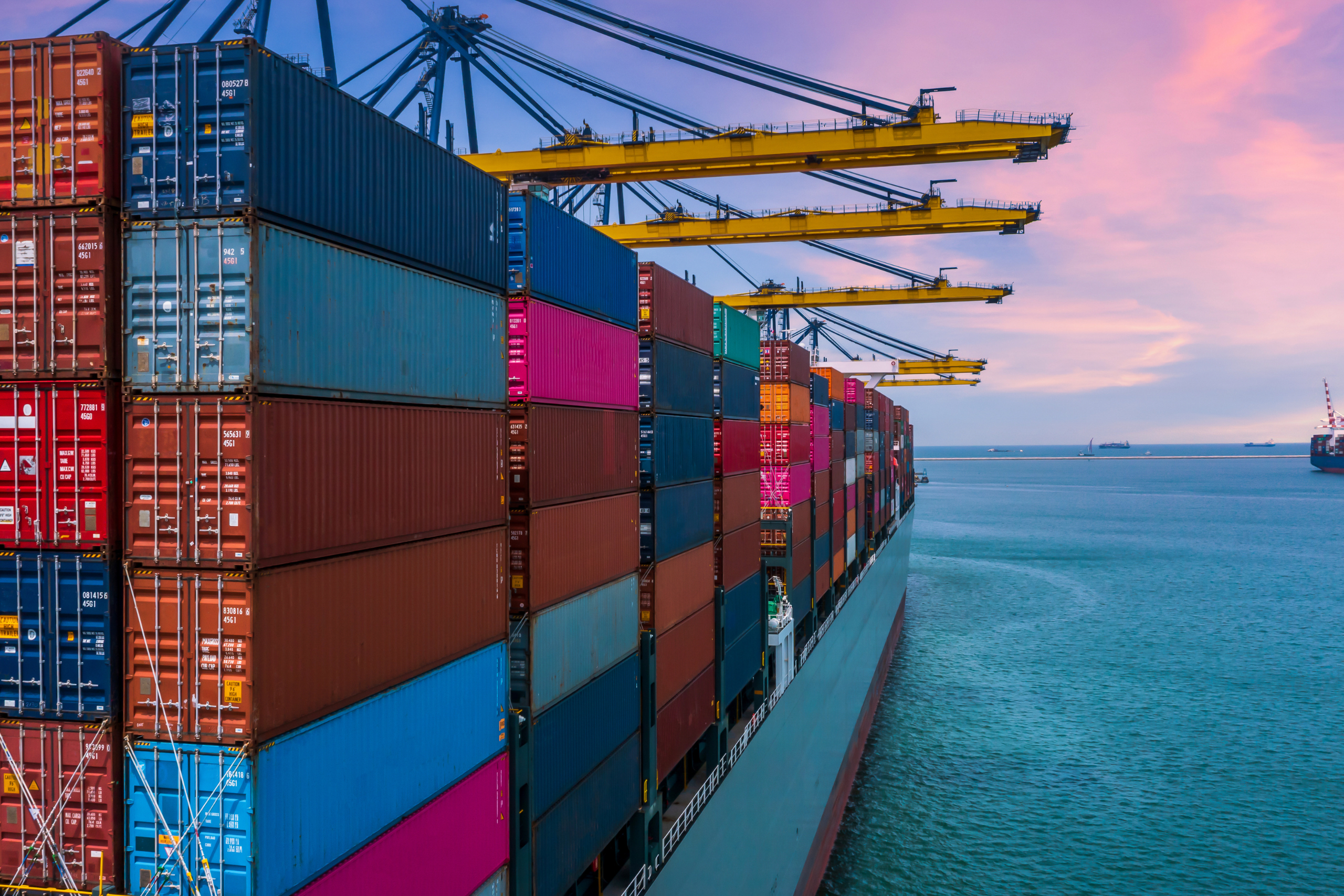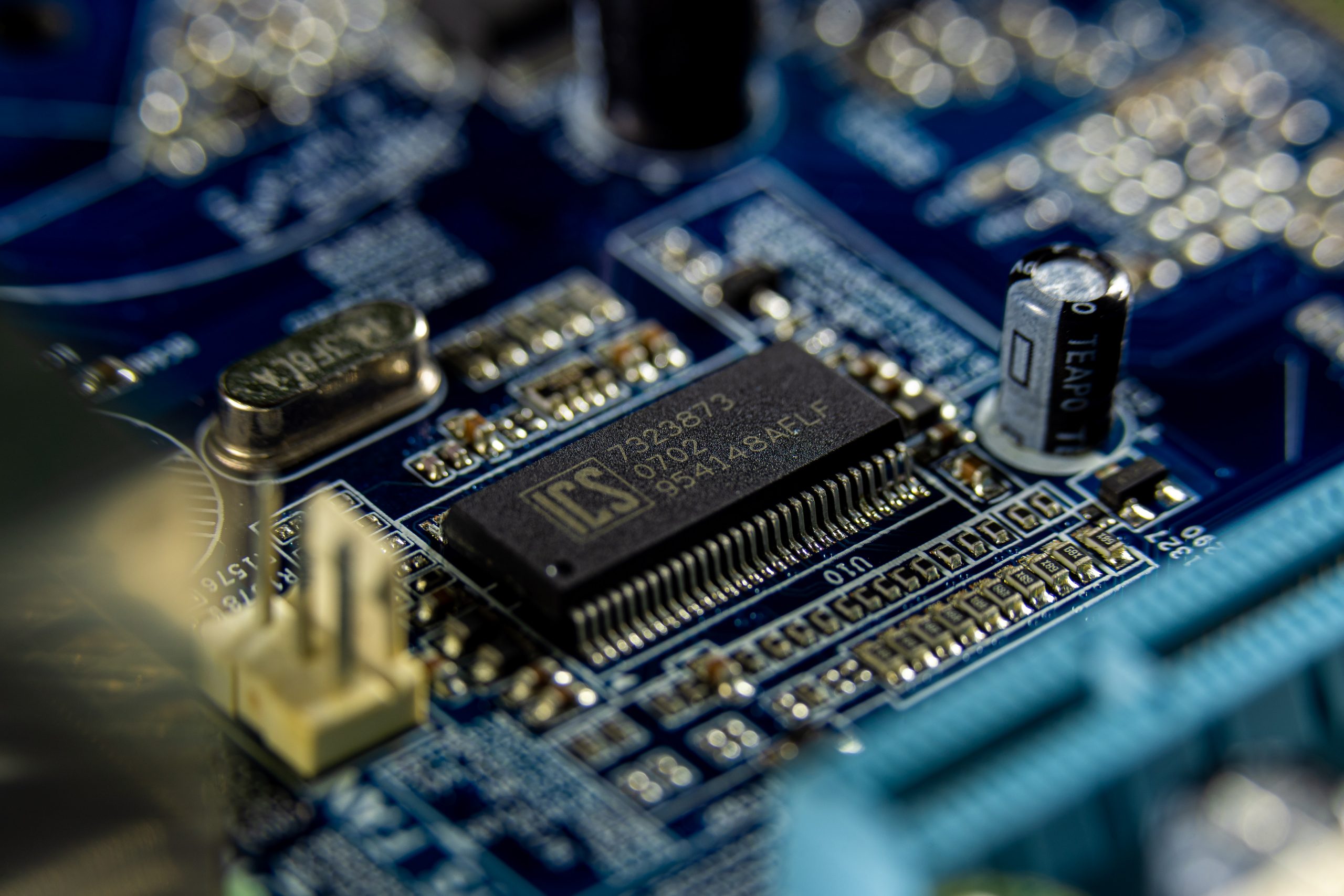
DIESEL ENGINES – CARS vs SHIPS
Ships’ engines are incredible machines. With larger engines often spanning more than 25 metres in length and over 10 metres in height, they indeed are a marvel of the engineering world.
One of the world’s largest marine engines is the Wärtsilä RT-flex96C, built in Finland. It stands at a massive 13.5 metres tall, 27 metres in length and weighs 2,300 tonnes. This huge engine rotates at less than two revolutions per second but produces 80MW of power, enough to supply a suburban town. But that is what is needed to propel the new generation of container ships that now carry so much of world trade.
To put this into perspective, the average car weighs in at around 1.4 tons. In other words, if you can be bothered to do the math, the weight of this engine is equivalent to a lot of cars.
The engines convert heat generated by fuel into mechanical energy through internal combustion, which in turn propels the vessel. You might think such a vast engine would burn out in a short few years, given the constant wear and tear on them. However, most marine engines of this size will function almost continuously for up to 20 years or more. That amounts to a total running time approaching 200,000 hours.
Let’s look at the car again. Between motorway and urban driving, if we take the average speed of a car to be 50mph and its expected mileage to be in the order of 100,000 miles for reliable operation, that amounts to 2000 hours of running which is less than 3 months of continuous use – a far cry from the life expectancy of a marine engine.
Needless to say, reliability is key in the marine world, not just because of repair costs to the engines themselves but because on-time delivery of the goods they are carrying is essential, especially if carrying perishable goods or vital supplies. To ensure these marine engines can keep their respective ships moving, a lot of maintenance is involved. But even with the most rigorous of maintenance regimes, the unexpected can happen.
The Diesel Doctor from Icon Research is one of a number of pre-emptive tools that can help to reduce unexpected problems and breakdowns. The technology can accurately detect irregularities and accurately report the necessary information for preventative action.
Looking at our car comparison again, diesel fuel for vehicles is measured in litres while fuel for large marine vessels is measured in tons, with a fuel bill running into many thousands of dollars per day. Again, the Diesel Doctor can help with extending fuel economy as well as checking that engine timing is optimized to meet emission regulatory standards.
Considering the above factors, it certainly never hurts to have a trusty Diesel Doctor on board. We can’t offer to extend the life of your car engine but we can certainly assist with keeping your marine engines in tip-top condition.


